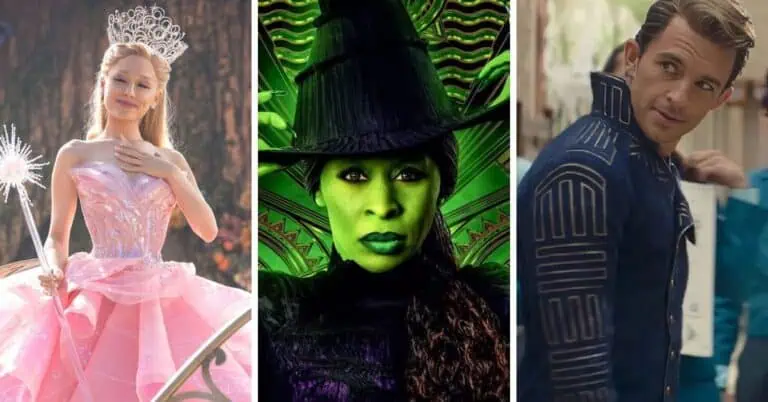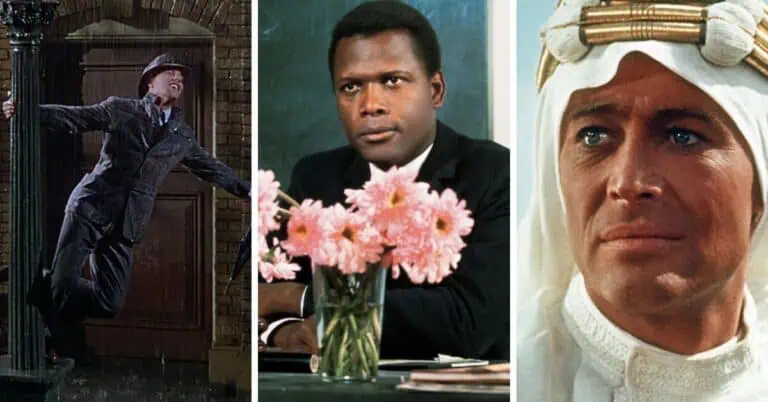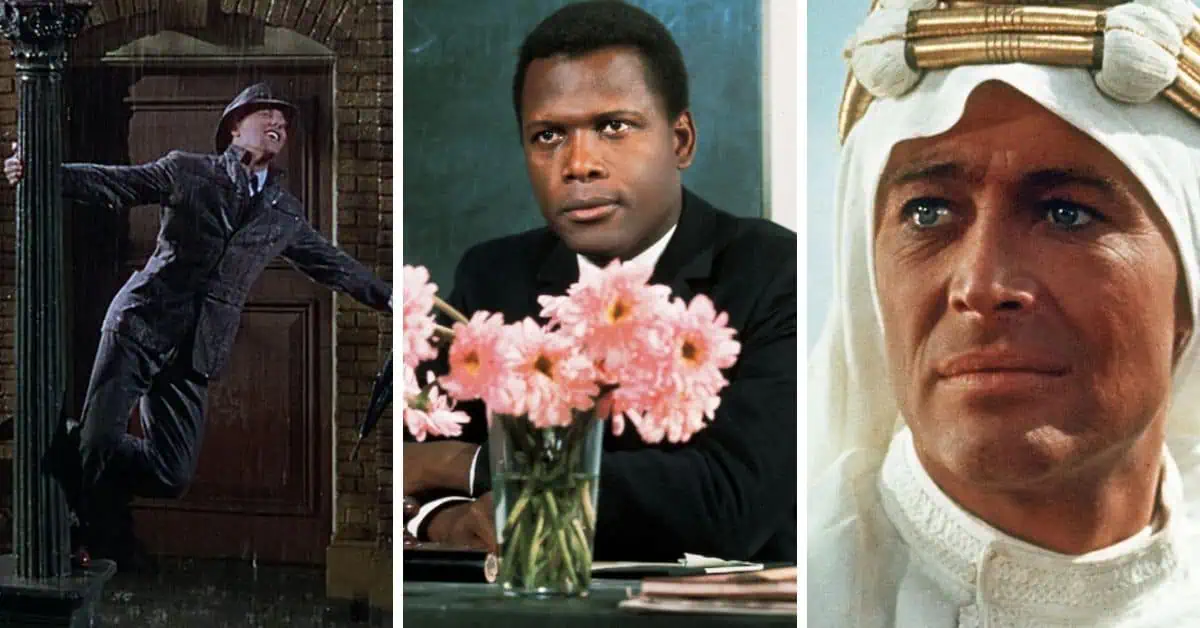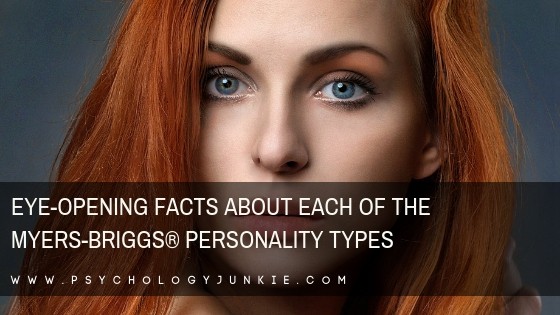Your Guide to the ENFP and ISFJ Romantic Relationship
I’ve spent quite a while pouring over different compatibility theories. Many have good reason as to why certain personality types would naturally attract other types. However, when it comes to romantic pairings, humans don’t necessarily play by any dedicated structure. You feel what you feel for someone, regardless of how their brain is wired. Certainly, particular minds more easily communicate with one another and hold more intrigue for one another. Circumstances may limit which types come into our spaces or who we come to take a liking for.
I would advise taking any “ideal pairing” theory with a grain of salt. In the case of ENFP and ISFJ romantic relationships, I’d like to be as real as possible about the strengths and potential problem areas these types can experience with one another. Compatibility based on typology seems more helpful to me if we look at natural strengths and weaknesses while also taking into consideration that individuals hold very different criteria in regards to what they want from a romantic partner. Not all ENFPs hold the same needs for an ideal match, just as not all ISFJs do. Thus, types that appear more aligned on the surface, may not provide an individual what they actually seek in a partner. This is where the “one type does not fit all” idea comes into play.
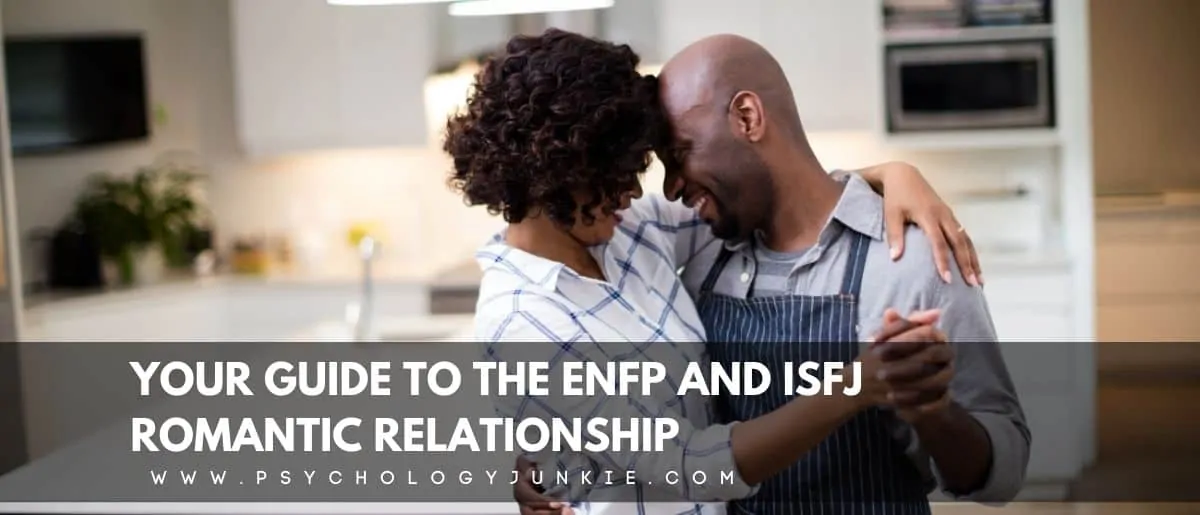
Individuals can, however, use typology to help assess what they desire in a romantic partner. Those who study type might gain some discernment on what they are really looking for as they compare commonalities within particular types based on their functions and subcategories. The ENFP may come to find that Si dominants sound far too restrictive or plain for a long-term dynamic. Or, the ENFP may find substantial comfort in the natural awarenesses of the ISFJ and imagine them the perfect type to settle down with. The same logic applies for the ISFJ as they consider the ENFP…shall we begin?
Not sure what your personality type is? Take our new personality questionnaire here. Or you can take the official MBTI® here.
Table of contents
Estimated reading time: 23 minutes
Guide to the ENFP and ISFJ Relationship
ExxP vs IxxJ
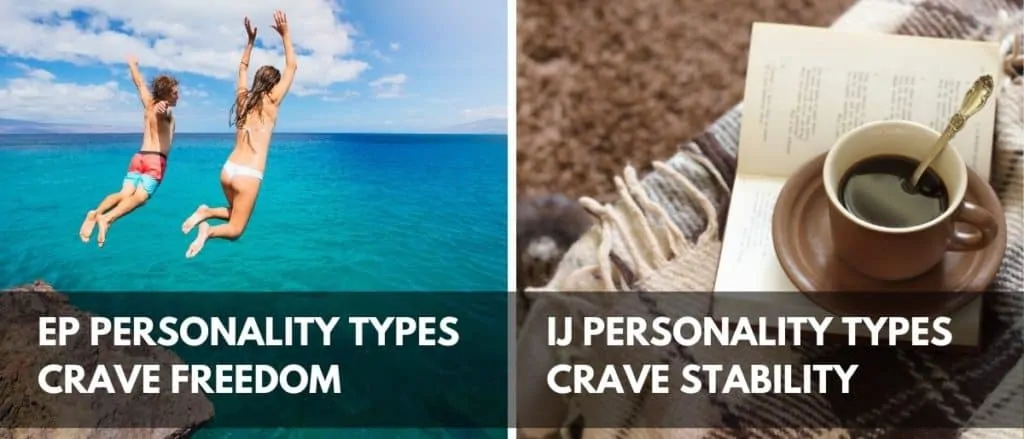
Let’s start with the general, broad subgroups as they tend to reveal overarching needs of particular types.
From a general outlook, ExxPs (ENFP, ENTP, ESTP, ESFP) crave adventure and new experiences. “Freedom” is likely the most common buzzword for this subgroup. ExxPs tend to hold their autonomy to move forward dearly. Nothing bothers an ExxP more than outwardly imposed restriction.
For ENxPs (ENFP, ENTP), they tend to jump from one intellectual or ideological project to another, chasing the newest innovative idea that lights them up. ENFPs depart from ENTPs in their mission: ENFPs fundamentally care about the human condition and how individuals make their fundamental choices. When an ENFP “jumps” around in regards to projects, this could look like being a motivational speaker to a friend one minute and assessing the psychology of attachment styles the next. The ENFP may jump around from concept to concept with their general interest being in the realm of inspiring others to become better “selves” in some way.
In sum, an ENFP craves adventure, newness, individuality, and inspiration. Thus, when it comes to a romantic partner, they need someone who will not only respect these aspects but also play into them to some extent. An ENFP would be unhappy with a stagnant partner who had no use for self-growth or a soft spot for individuality. That’s not to say that any particular type couldn’t appreciate these needs, but certain types may more naturally find that drive of the ENFP appealing.
On the flipside, IxxJs (ISFJ, ISTJ, INFJ, INTJ) crave grounded anchors and certainty. “Stability” is a common buzzword for this subgroup. IxxJs tend to hold their expectations (small-scale Si plans or large-scale Ni plans) in high regard. Nothing bothers an IxxJ more than unexpected chaos getting in the way of what they intend to do.
For ISxJs (ISFJ, ISTJ), their will towards stability can look like moving through certain daily routines, upholding their responsibilities at work or home, and making sure practical needs are met. ISFJs depart from ISTJs in their mission: ISFJs fundamentally care about the comfort of other people and want to make them feel welcome. ISFJs appear at their best when they are tracking the needs of individuals in their life and making space for others to feel at ease. “There’s no place like home,” might be considered quintessential ISFJ folklore. ISFJs prioritize comfort and don’t want to pressure others outside of their comfort zones as they don’t like being pressured themselves.
In sum, an ISFJ desires stability, grounding, and the daily upkeep of the people they care for. Thus, when it comes to a romantic partner, ISFJs will need someone who respects their need to be dutiful and maintain what has already been established in their social networks and at home. An ISFJ would be unhappy with any partner who forced sudden change consistently or devalued their will to “keep the ship afloat.”
Clearly, some natural problems can arise when we examine the general ExxP drive to go-go-go (experimentally or psychologically) and the IxxJ’s drive to uphold and manage what already exists (in relationships or systems). The needs of these general groupings do seem to oppose each other. As the ENFP reaches toward new heights, the ISFJ tries to stabilize what they have known to be true. It would be easy for these partners to feel frustrated by the other if respect is not held firmly in the purview. A great question to consider, however, is whether the fundamental need of ExxPs to have freedom and the fundamental need of IxxJs to have stability are needs their partners must fulfill for them. To rephrase, does an ENFP need a partner who desires freedom, or can they give themselves the freedom to explore? Does an ISFJ need a stable partner, or can they give themselves the grounding they fundamentally seek? I’ll leave that for you to decide.
NF & SF Pairing
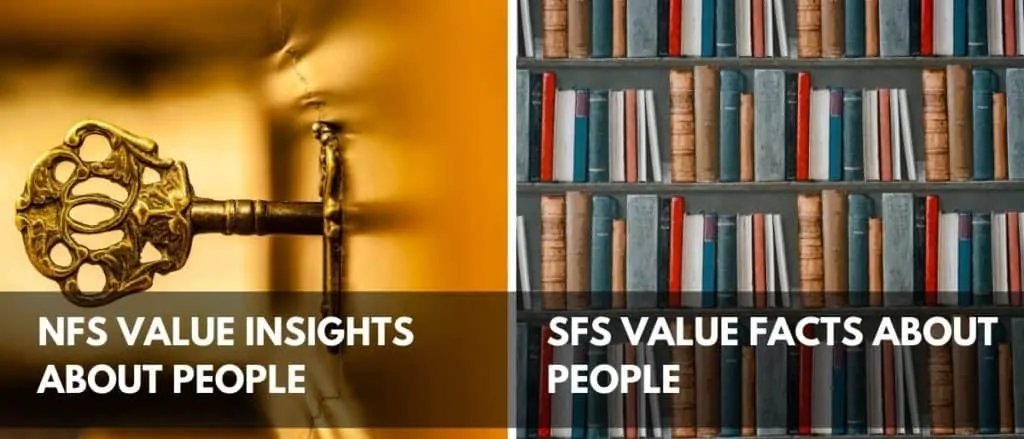
There are several different ways to split the types into subgroups, but I have chosen to split the types as shown (NF, SF, NT, ST) rather than into their more common form (NF, SJ, NT, SP) because I find it more helpful when considering overarching interests. When asking what ENFPs and ISFJs will converse about, it seems clearer to evaluate their compatibility when we look at what information they broadly care about.
- NFs: care about insights about people.
- SFs: care about facts about people.
- NTs: care about insights about things.
- STs: care about facts about things.
When considering long-term romantic pairings, it’s important to ask: Would I enjoy talking to this person about this information they often converse about for years? Compatibility includes whether or not you can talk about the same general content with ease and interest. I personally find looking at the inner two letter dichotomies more helpful when determining romantic compatibility as it’s fairly clear to see what might buzz in the mind of an ENFP or ISFJ. We’ll focus on the NF vs SF portion here, but I have listed the other subgroups as it might be helpful to see how all types might relate to one another.
- NFs: care about insights about people.
- SFs: care about facts about people.
When considering compatibility, it seems fairly accepted that we want our partners to be different enough to be intriguing, but similar enough to have something to talk about. In this way, NFs and SFs could be a great match. Both ENFPs and ISFJs fundamentally care about people, and yet they focus on different aspects of them. While the ENFP is trying to glean what lies at the core of someone’s soul to determine who they fundamentally are (What are their character traits? How do they manage toxic behavior?), the ISFJ is trying to gather up as many concrete facts about someone as possible (their birthday, favorite color, likes, dislikes, or where they bought that cool art piece) in order to find ways to keep the mood calm and their presence one of pleasure rather than discomfort.
In a relationship, our natural “awareness” comes out and we tend to apply it towards one another. What excites the ENFP and ISFJ in their NF-SF division is that both types can utilize, play with, and grow with each other’s knowledge. The ENFP helps the ISFJ (and others that the pair speak about) understand who they truly are and how to centralize their aspirations, which in turn makes the ISFJ feel less like a background character and more worthy to carve out passions of their own. While the ENFP is inspiring the ISFJ, the ISFJ is cataloging facts and stories of the ENFP (and others that the pair speak about), bringing up particular instances shared together that truly had a lasting impact on them. The memories ISFJs hold dear make the ENFP feel seen, heard, and as though their time investment with the ISFJ was more than worthy. The best part of this exchange is that ENFPs aren’t trying to be uplifting and ISFJs aren’t trying to catalogue significant moments and facts: these actions simply occur because of the ENFP’s and the ISFJ’s natural orientation.
Certainly, these aspects could be spun towards the negative. If the ENFP points out all the ways an ISFJ will not grow and if the ISFJ points out all the ways an ENFP has failed, this dynamic won’t be in the slightest healthy. There is also potential for the “insight” vs “fact” division to cause as much discord as intrigue. When one partner constantly points out the hidden depths of another while the other points out the neat paintings that person has on their wall, there does prove a gap in awareness. However, there is clear potential when it comes to SF-NF compatibility and the insight vs fact difference may be what draws the ENFP and ISFJ together from the start.
Are dominant-inferior function pairings a good match (ENFP vs ISFJ)?
Perceiving Axis
ENFP: Ne-Fi-Te-Si
ISFJ: Si-Fe-Ti-Ne
Ne: Sees theoretical possibilities and abstract connections within the outside world. Finds connections between people, things, places, etc. Recognizes potential avenues that one might take towards a new idea or exploration.
Si: Obtains and catalogues subjective experience, comparing past situations to present ones. Determines shifts in people, things, places, etc. Develops long-standing impressions that make one “go back in time” to significant moments through an object, phrase, person, etc.
General Theories
Theory 1: Yes, they are compatible. The best possible match is a Ne dominant with a Si dominant and vice-versa because one helps the other where they are weak. Thus, the ENFP can help bring many insights and possibilities to the ISFJ (which the ISFJ never would have considered on their own) and the ISFJ can ground the ENFP in sensory data, upkeep, and detail work (which the ENFP often forgets or isn’t aware of). Thus, the ENFP and the ISFJ can cover each other’s blind spots well.
Theory 2: No, they are not compatible. A Ne dominant and Si dominant would be the worst possible match as the functions naturally oppose each other. A Ne dominant naturally devalues Si and the Si dominant naturally devalues Ne. When it comes to an individual’s inferior function, they could care less about it. An individual will never be able to confidently use their fourth function and thus to have too much of it used confidently around them would be mentally exhausting. In the long-run, it would be uncomfortable to be around a function that one believes they “don’t need” day in and day out.
Theory 3: They might be compatible. The more shared functions, the better. Sharing Ne and Si will grant ENFPs and ISFJs the ability to flow in communication with each other. The problem does not lie within the perceiving axis for this pairing, but the differing judging axis, which is how we make our decisions. The perceiving axis (Ne-Si) takes in information, the judging axis (ENFP: Fi-Te vs ISFJ: Fe-Ti) makes the hard calls. The question of how compatible this pairing is sits with whether ENFPs and ISFJs could respect each other’s natural considerations and the decisions they make by way of them.
(Numerous other theories exist, I’m sure. I simply wish to showcase that there are decent reasons as to why or why not the Ne dominant-Si dominant pairing would ultimately “work.”)
My Two Cents
I’ve seen all of these dominant-inferior pairing theories proven accurate in different cases between different couples. While some individuals are intrigued by their 4th function, others wouldn’t touch it with a ten-foot pole.
I (ISFJ) have never personally dated an ENFP and thus cannot say how their Ne (inextricably paired with Fi) would jive with me long-term. In my teens, I dated an ENTP. We had our fun moments, but I could tell that their focus of interest (quantum physics, computer science, politics, and business) strongly diverged from mine (reading, writing, actually completing my homework, and trying out every flavor of hot chocolate available). The ENTP seemed disappointed that I couldn’t keep up with them mentally while I felt disappointed that they didn’t care for the subtle ways I showed care (helping them with their homework for hours even after mine was finished, baking sweets for them, remembering things about them, being there whenever they needed to talk, etc.). I’m not saying that every ENTP-ISFJ pairing would go the same way (and we were quite young), but from a functional and subcategory basis, the pitfalls of my past dynamic are understandable.
Now, an ENFP’s Ne (paired with Fi) brings a different dynamic to the mix than an ENTP’s Ne (paired with Ti) would. I certainly wouldn’t want to conflate the two. As drawn out above, NFs and SFs do care about similar information (people—who they are and details about them). ENFPs and ISFJs do thus have a way into each other from the start. An ENFP might even be better suited to notice the small things ISFJs take their time out to do that an ENTP wouldn’t because ENFPs are people-oriented and could recognize the smaller personal sacrifices made. An ISFJ would also likely have a better chance naturally understanding an ENFP than an ENTP due to their shared feeling orientation.
If there is any “worry” to be had between the ENFP and the ISFJ in regards to their shared Ne-Si axis, it’s likely lodged in the ISFJ’s worry over whether the ENFP’s hungry mind could ever possibly be met by their own subjective lens as well as the ENFP’s worry that they could leave their sensor partner behind by simply being their explorative selves.
Do Inverse Judging Functions Pairings Work (Fi vs Fe)?
Auxiliary Feeling
ENFP: Ne-Fi-Te-Si
ISFJ: Si-Fe-Ti-Ne
Fi: Emphasizes one’s individual values and beliefs. Makes conscious judgments based on authenticity to selfhood. Encourages inner reflection when questions of ethics arise.
Fe: Responds to the emotional environment based upon cues by others. Focuses on the cohesion of individuals. Makes conscious judgments based on cultural or community standards. Encourages taking others into consideration when questions of ethics arise.
Differing judging functions are often considered the root of heavy conflict. Although individuals take in information with their perceiving axis, their judging axis is what determines one’s course of action. When it comes to relationships, this factor is highly important as the choices our partners make ultimately affect us quite heavily.
ENFPs hold their Fi in high regard. Fi is the measurement by which ENFPs gauge whether they are making the right moves for themselves. Some questions Fi might ask include: Am I sticking true to who I am? Is this the best option for me? Am I allowing outside input to cloud what my needs are? Am I staying true to my individuality or giving in to the world?
While ENFPs assess their Fi in order to make choices, ISFJs engage their Fe. Some question Fe might ask include: What do they think about this? Will this hurt or help other people? Can I do more to make people feel better? Is it okay to feel this right now?
Fi and Fe both naturally oppose and yet highly complement each other. When an individual can harness both functions, they are able to balance what they themselves truly desire and how that desire will affect others around them. Sadly, this state of balance is hard to achieve given that we all have a preference for one or the other. However, the very awareness that there is another “way” to make choices can entice both the ENFP and ISFJ, even if neither entirely understands how the inverse feeling function works.
ENFPs and ISFJs both have perceiving functions in the dominant position paired with auxiliary feeling functions. Generally, this translates to both types witnessing or filing information (Ne or Si) and then making a decision on it (Fi or Fe). As the judging functions play a secondary role, both types tend to sit with information before making a firm decision on it, unless the information is so innately obvious that pondering isn’t necessary.
I personally think the auxiliary function of each type is a key point of power for the individual. Unlike the dominant function which often gets over-used, the auxiliary function gives just even strength to be an asset for a type. I like to think of the auxiliary function as a tool that ultimately helps the dominant function in its endeavors. Thus, ENFP’s wield Fi and ISFJ’s wield Fe. As the strength of these functions are within the same range (auxiliary), the ENFP and the ISFJ pair can either duel each other over these Fi vs Fe points, or they can appreciate each other’s judging awareness, assuming they want to grow as individuals.
It’s a cop-out to say ENFPs would have an easier time with the Fi vs Fe predicament simply because they are naturally oriented towards growth and development. Yes, ENFPs naturally have a growth mindset but their growth mindset lies within developing themselves (often within their Fi awareness). As such, it’s not as though ENFPs want to grow in ways an ISFJ’s Fe would make them. Fe asks how one can bend themselves to meet the emotional atmosphere—a concept that could feel quite restricting to our freedom-seeking ENFPs. ENFPs, at their core, are individualists, aware and proud of their separation from the vast majority of people. They find strength in this knowledge and so what Fe asks of them might oppose their very nature. Being humanists, ENFPs tend to see the need for Fe in society, they just don’t want to have to be the ones doing it. ENFPs could find a relationship with an ISFJ either a constant struggle or a consistent movement towards growth.
ISFJs, as we know, are prone to maintaining what already exists rather than reaching outside of the box. For ISFJs, this predetermined box includes Fe and the expectations that Fe keeps intact. Unlike the ENFP, ISFJ do not find Fe restrictive. Instead, it is a necessary social rule that’s quite natural for them to follow. Fi can spark concern for the ISFJ because of its general unpredictability, even if it aims to get at the root of humanity. ISFJs believe other people need the most consideration where their choices are concerned, often to a fault. It’s thus quite hard for ISFJs to put themselves and their core needs first, as Fi naturally begs its user to do. Much like ENFPs, ISFJ can see the use of Fi and why staying true to themselves in every decision could be a good route, but the ISFJ might feel guilty to actively employ this function when they are used to evaluating the needs of others before their own. ISFJs could find a relationship with an ENFP uplifting and euphoric as their core self is removed from the shadows and placed somewhere to shine. Or, the ISFJ could find the ENFP’s will towards Fi as missing the bigger picture that Fe naturally orients itself towards; who are we without other people?
In the romantic pairing of a Fe user and a Fi user, clashes may come, but eye-opening realizations may come as well. An ENFP-ISFJ pairing would unconsciously showcase “the other side” of the line to each other. It’s really dependent on a couple by couple basis whether this difference would become something of intrigue and speculation or something of strain and disappointment.
The Thinking Problem (Ti vs Te)
Tertiary Thinking
ENFP: Ne-Fi-Te-Si
ISFJ: Si–Fe-Ti-Ne
Te: Optimizes through policies, plans, or procedures. Manages the outside world through collective structures. Finds the most effective method for completing tasks.
Ti: Analyzes and categorizes information with logic. Zeros in on inconsistencies. Breaks information down to its essential parts.
The tertiary function is a mixed bag. Some sources claim that our third slot function is the function we “flex” and most enjoy using. Other sources claim that the tertiary function isn’t all that much stronger than the inferior and that our feeble attempts to use it are quite childlike at best. As the tertiary shows up in subtle ways, it seems necessary to give it some air time where compatibility is concerned as well as the potential problems that arise because of it.
ENFPs utilize their Te to measure their aims in the outside world. Te gives ENFPs feedback as to whether their choices have led to outcomes worthy of praise. This might look like the ENFP seeking university degrees or particular job roles simply for the notoriety it brings.
In its darker renditions, Te can view individuals as resources meant to meet their own particular ends. This darker side of Te would rub the ISFJ the wrong way. The ISFJ’s valuing of Fe—which acts as a connective force between people—has a hard time depersonalizing others and naturally has a bent towards meeting the needs of others, not using them. This is not to say that ENFPs generally use people, but that an Fe user could view their use of Te in that light. ENFPs are far from demons and I do not wish to give that impression. As mentioned previously, ENFPs have strong Fi, which appreciates the individual difference in every person as well as the authentic expression in each individual. ENFPs might in fact care more deeply for others with their Fi while ISFJs care more broadly for others with their Fe. Thus, when it comes to this darker shade of Te, it’s not as though I’m saying that ENFPs generally see individuals as tools for their plots. It seems an overreliance on Te is what tends to brings this aspect of that function out. An ISFJ might find being around an ENFP taxing if they feel others aren’t being cared for around them due to a misuse of Te.
ISFJs utilize their Ti in practical ways, which often turns up in puzzle games or when they synthesize a number of factors in order to come to some conclusion. This might look like: “based on my past experience with ____, what are the most likely reasons they could be upset right now? Or, what present will most likely make them the happiest?
However, ISFJs aren’t safe from judgment either. Tertiary Ti also has a darker side. At its worst, logical reasoning could be utilized to substantiate false claims, such as: all of these factors add up to this conclusion, which makes the most sense. Maybe “these factors” are actions that a friend has taken that seem hurtful, but the ISFJ is misjudging them for worse than they actually are, which leads the ISFJ to ultimately cut this friendship off based on false claims. An ENFP could be triggered by this misuse of Ti given that their Fi picks up on intention quite well. An ENFP might see the facts that ISFJs used to make their claims faulty because they evaluated their relationships from a logical standpoint rather than from the standpoint of intent—which ENFPs are brilliant at determining. ENFPs might even wonder why the ISFJ didn’t prioritize the strong bond they had with their friend over a series of remarks that a friend directed towards them recently. The ENFP might lose trust in an ISFJs ability to make sound choices if they rely too heavily on their weaker thinking process.
Do Their Missions Align (NeFi vs SiFe)?
At heart, ENFPs and ISFJs share quite similar missions: to encourage people. While the ENFP utilizes their NeFi to inspire others to become their best selves, ISFJs utilize their SiFe to make others feel seen, heard, and comforted. An ENFP-ISFJ couple could be a powerhouse in this regard, pulling each other’s strengths to help the people around them feel ready to follow their dreams with confidence, comfort, and likely, snacks.
ENFPs appear at their best when they are motivating other individuals to really look at themselves and to focus on self-growth. Unlike ENFJs who tend to use the collective as a measuring tool to inspire others with the intent to raise the collective group, ENFPs are more likely to be so incredibly themselves that speaking their truth on a wide platform encourages others. “Be your best self,” might have come from an ENFP mind. It’s not that an ENFP doesn’t own a room (they do) or that they couldn’t cause the same fundamental change that an ENFJ could (they do), it’s simply that an ENFP’s meterstick for producing this shift is different. An ENFP isn’t going to privilege where the collective is at present versus where it could be in order to lift it, as an ENFJ would. The ENFP is going to consider where they themselves fundamentally are so that they might change the public with their radical selfhood. ENFPs are quite aware of how one individual can move mountains and thus encourage others towards introspection in order to develop themselves. Any connection that gets in the way of ENFPs performing their strong role will not fulfill the ENFP, however, the ISFJ’s mission appears to align well with that of ENFPs.
ISFJs appear at their best when they are comforting others and providing them a safe place to be. ISFJs utilize their SiFe to first gather information about an individual and then to positively affirm these details. ISFJs are the types to go over to a friend’s house, notice the pillows on their couch or the photos on their wall, and to ask their friend how they came about getting those things. ISFJs will days or years later, reference these items to express a sense of connection. For the ISFJ, the more details they pick up on someone, the more their inner mosaic of that person builds and the firmer their connection forms to that person. Once an ISFJ has a good idea of what an individual spends most of their time thinking and doing, they know what topics or memories to bring up with that person in order to have a pleasant interaction. For the ISFJ, nothing matters more than to make people feel welcome around them.
So, Are ENFPs and ISFJs Compatible?
It’s important to recognize that different people desire different dynamics in their romantic choices. For some, going everywhere with their partner is highly important and they want their partner to share in their adventures. For others, they simply want someone they can talk to for a few hours before departing towards their own individual projects. In my view, type compatibility is not so much a question of whether certain functions work well with one another on a micro-level—one can even be attracted to a function that they do not use consciously—but the macro level. The question of compatibility lies in whether individuals are pursuing pairings where their needs will be met or not.
If we take into consideration all aspects of the ENFP and the ISFJ (inclusive of subgroups and cognitive functions), it seems this pairing would be ideal for individuals who want a good conversation partner, are interested in getting out of their comfort zone, don’t mind having their choices challenged, like the idea of having their blind spots covered, and can fulfill their own broad-based needs (freedom, stability). This pairing would not be ideal for individuals who wish to do everything along-side their partner, want to think from similar frames, don’t want their choices challenged, and want a partner who strives towards similar broad-based needs (freedom, stability). The functional arrangement of the ENFP and the ISFJ are not set up for general ease as other pairings might be, but the pairing proves a grand one if both people have similar goals from the start.
What Are Your Thoughts?
Do you have any insights or experiences about this relationship pairing? Share your thoughts with other readers in the comments! Find out more about your personality type in our eBooks, Discovering You: Unlocking the Power of Personality Type, The INFJ – Understanding the Mystic, The INFP – Understanding the Dreamer, and The INTJ – Understanding the Strategist.
About the Author:




